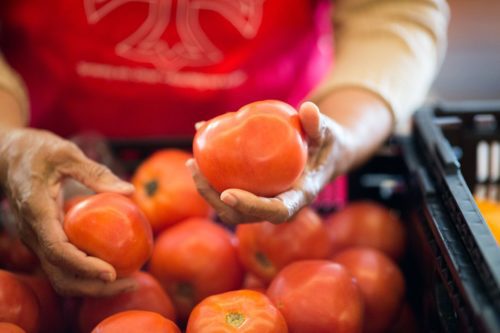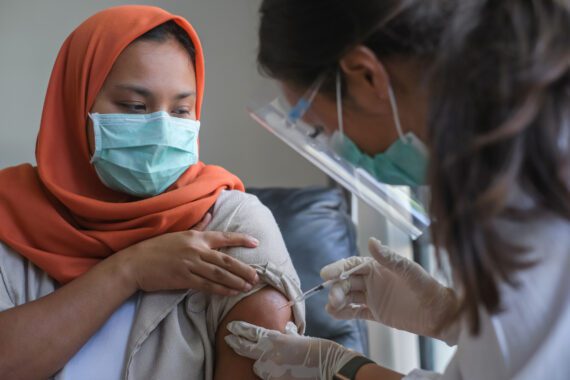By Stefanie Casdorph
Hunger and poverty are pervasive problems in the world today, but a recent Gallup Poll shows a decline in the number of people in the United States struggling with these issues.
In fact, the percentage of Americans reporting an inability to afford food is the lowest it has been in seven years. In the first quarter of 2015, 15.8 percent of Americans reported that in the last 12 months they had struggled to afford food for themselves or their families. This is the lowest percentage measured since the Gallup-Healthways Well-Being Index started in 2008.
The project, a partnership between Gallup and Healthways, is a 25 year-long initiative that is attempting to track and understand the factors that contribute to well-being in the United States. The survey provides an in-depth, nearly real-time view of Americans’ well-being at the community, state, and national levels.
Overall, the news from the Gallup Poll is positive. However, there are signs that hunger continues to be a significant issue for women, single parents, and minorities living in the United States.
Key findings:
- Overall, blacks and Hispanics are twice as likely to report experiencing difficulty affording food.
- Women are more likely to report having difficult affording food than men: 18.3 percent of women compared to 13.1 percent of men.
- Single-parent households are much more likely to have difficulty affording food. In the U.S., 31 percent of single-parent households report times in the past 12 months when they struggled to afford food, much more than the 19 percent of two-parent households who say the same.
- Nearly three in 10 adults, aged 18 to 30, with at least one child in the household, struggled to afford food in the past 12 months, compared with 21 percent of adults in the same age group who do not have a child in the home.
Two of the major sets of national data that anti-hunger organizations use are from Gallup and the U.S. Department of Agriculture. Each set has its own pros and cons; for example, Gallup data is more current, whereas USDA data is more detailed and comprehensive but is less current.
Bread’s standard is U.S. government data because Bread’s work is with the federal government, and for the sake of consistency.
Stefanie Casdorph is a summer intern in the communications department at Bread for the World.



